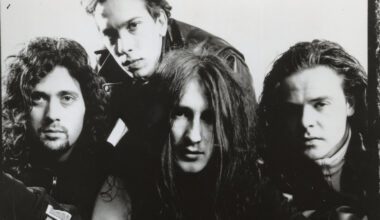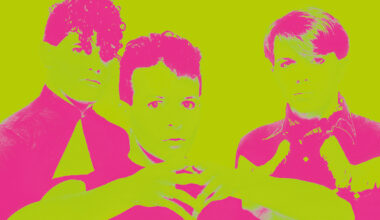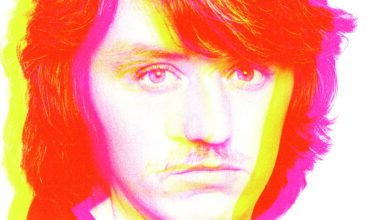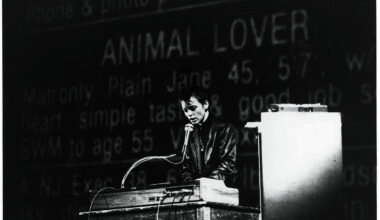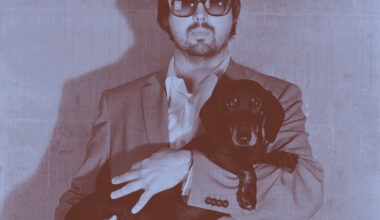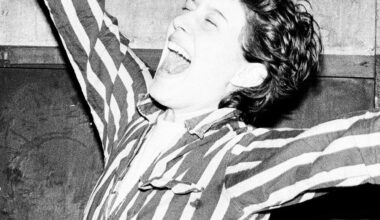Graham Massey on the making of 808 State’s ‘Pacific State’, the record that both defined and reflected the blithe spirit of the summer of 1989 better than any other
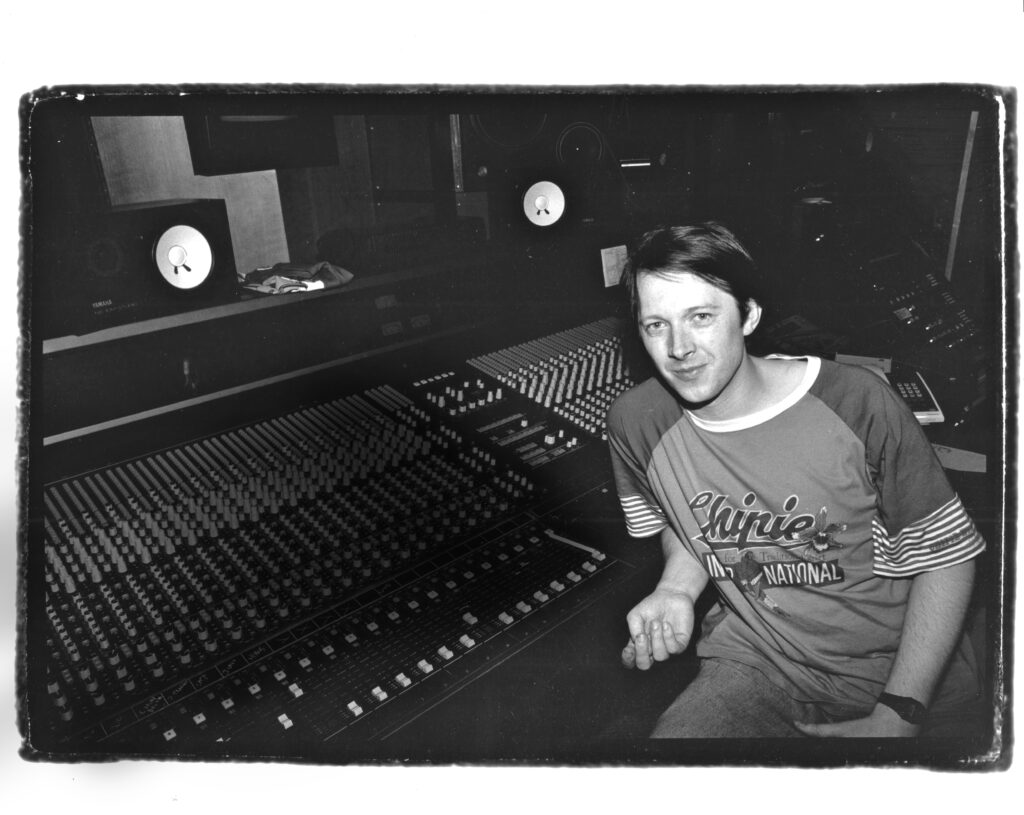
“We started work on ‘Pacific State’ as part of a John Peel session. We’d put out ‘Newbuild’, which was an acid house album – really heavy acid house, using no computers, just all the old Roland equipment, 101s, 303s and an 808 – and Peel had played a few tracks from it, and then he offered us a session.
“At the time, 808 State was myself, A Guy Called Gerald, and Martin Price, who owned the Manchester record shop Eastern Bloc. We were a bit intimidated by the thought of a session because everything we were doing was in our own environment with our own equipment. Our approach to production was pretty wacky, we were doing lots of tape edits and stuff, and we didn’t fancy having the BBC engineers involved. So we said we didn’t want to do it at Maida Vale [where the Peel sessions were recorded] and they said we could do it ourselves.
“After we’d set off doing ‘Pacific State’, the session offer was withdrawn. We’d already spent time and money in the studio, so we ept those tapes and they sat around for a while, and eventually they became our next album, ‘Quadrastate’.
“When we were making ‘Quadrastate’, we were experimenting with the sampler a lot. One of things we recognised on Detroit records was that idea of sampling a chord, then moving it up and down, freezing it in the sampler, and that’s one of the significant sounds of ‘Pacific State’.
“We sampled a Juno-106 and a D-50, then layered them up in the sampler. The other key sound on it is the bird call, which is a Canadian Loon from an Akai sample library disk. It’s actually on a few other records too. We tried to make the track sound as warm as possible, that was the vibe.
“Manuel Göttsching’s ‘E2-E4’ was an influence, as was Marshall Jefferson’s ‘Open Our Eyes’. I was also listening to a lot of exotica music, people like Martin Denny and Arthur Lyman, and that’s where the idea of tropical lushness with the bird calls comes from.
“So we had some of the track from this aborted session – the chords, the bird sound, a bassline, and I think it originally had 808 drums on it. At the same time, I was also working on an album for Biting Tongues, the group I’d been in for several years with Howard Walmsley. One weekend, Howard had left his sax in the studio over night, and I got in early the next day and started playing with it, trying to get another voice onto this 808 State track.
“Somebody recently reminded me how many people were in the studio when I was putting the sax on the track, there were something like 12 people on a Saturday morning who had just dropped in. Most of the recordings back then were a social thing, they weren’t done in isolation like a lot of music is now. People would go to the record shop as a sort of social centre and someone would say, ‘Oh, they’re recording this morning’, and everyone would just tip up at the studio.
“I was uncertain, I wasn’t a sax player, although I’d played clarinet before. I managed to get a simple melody out of it that fitted over those chords, and that gave it the voice and a strong identity. Once we had that, we structured it using tape edits, and then we had a cassette of it.
“Darren [Partington] and Andrew [Barker], who weren’t quite in the group at that stage, started dropping it on cassette when they were DJing at the Thunderdome in north Manchester, which was a ravey club. If the Haçienda was one side, this was the darker side of the coin. It was a real heavy club. We then got the track onto white label and at that point they started playing it as the last tune of the night at the Haçienda, which was our ultimate goal.
“Me and Gerald were at the Haçienda all the time – we used it to get feedback on tracks, we’d take stuff down on cassette and John Da Silva, who DJed on a Wednesday, would dare to play tracks without even hearing them – so being the last tune of the night was like winning the cup final for us.
“A little while after that, Gary Davies [the Radio 1 DJ] picked up on the white label in Ibiza. He wasn’t on our radar and it wasn’t even like we had radio pluggers. He just heard it and started playing it. Once that happened, we had a mainstream hit, but I think the local impact of it was more important to us, certainly on an emotional level.
“Manchester did feel like the centre of the universe at that point. It’s odd the way the legend of ‘Madchester’ is now seen as The Stone Roses and Happy Mondays, which is true, that was all there, but I think the prevailing cultural wind was club music, and a lot of it was American dance import stuff and the big unorganised parties, and ‘Pacific State’ fitted right into the moment.
“It’s a track we’ve played for 20-odd years at gigs now. I don’t tire of playing it because I’ve worked it into a weird vehicle for sax improvisation. It’s a lovely thing to improvise on. I’m quite a jazz fan and it allows me to jazz out a bit. I love playing it. For me, it all comes together in that one track.”
For more info, visit 808state.com
